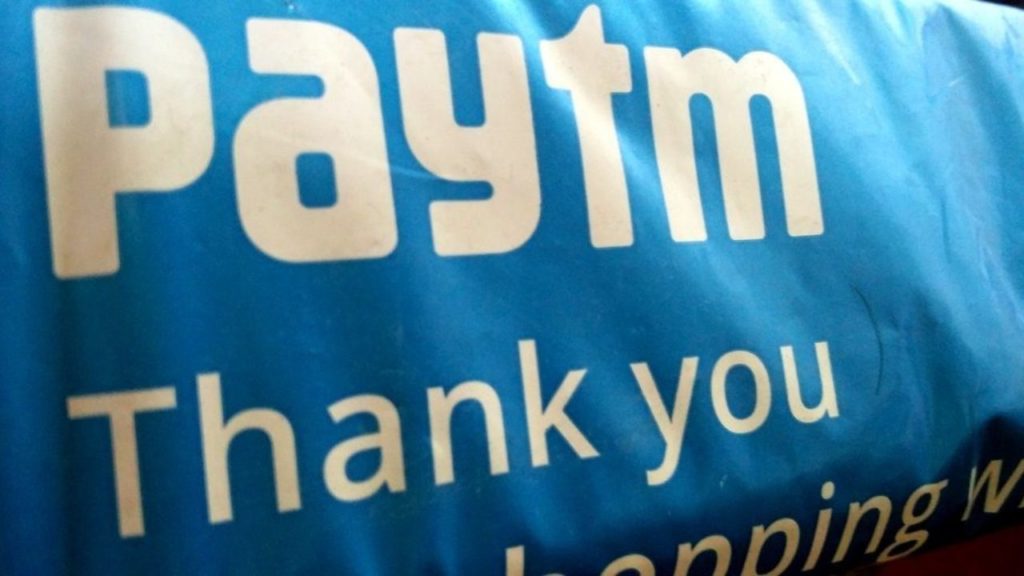Beleaguered fintech Paytm is reportedly considering offloading its core payments wallet business to players like HDFC Bank and Reliance’s Jio Financial Services (JFSL) as part of urgent damage control following sweeping restrictions from banking regulator RBI recently.

According to media reports citing unnamed banking and fintech executives, confidential talks have been ongoing between parties since last November but remained inconclusive earlier potentially due to valuation discord. An accelerated sale now intends shielding Paytm’s burgeoning payments user base from disruptions amid license uncertainties.
Distress Sale Speculations Follow Curbs
However, Paytm corporate sources officially denied exploring a wallet sale categorically terming stories as speculative market chatter. But sector experts argue the company has been notably less aggressive around customer acquisition for its pioneering payments vertical following know-your-customer (KYC) roadblocks hurting growth.
That coupled with the latest RBI direct crackdown stopping deposits and onboarding amount to a crisis juncture where strategic choices get limited. Grave uncertainties around operational restoration anytime soon can therefore compel considering quick divestment options even if from positions of weakness simply ensuring business continuity for wallet users first.
Traders Advised Shifting Out Urgently
In fact, traders collective CAIT has already urged member merchants relying on Paytm payments to urgently migrate volumes towards other platforms by month-end given regulatory disabling. Citing potential income flow disruptions and money stranding fears from sudden disabling, it wants protective measures ensuring minimal user impact when sweeping restrictions kick in from March 1st.
While RBI affirmed existing balances stay withdrawable post ban dates, critics noted practical encashment difficulties plus the abrupt stoppage of receipt capabilities can critically impact working capital positions for merchant constituencies everywhere already reeling under a slowdown. Hence migration support remains vital before irrevocable dependency damages get triggered through the value chain hitting the most vulnerable layers maximum.











